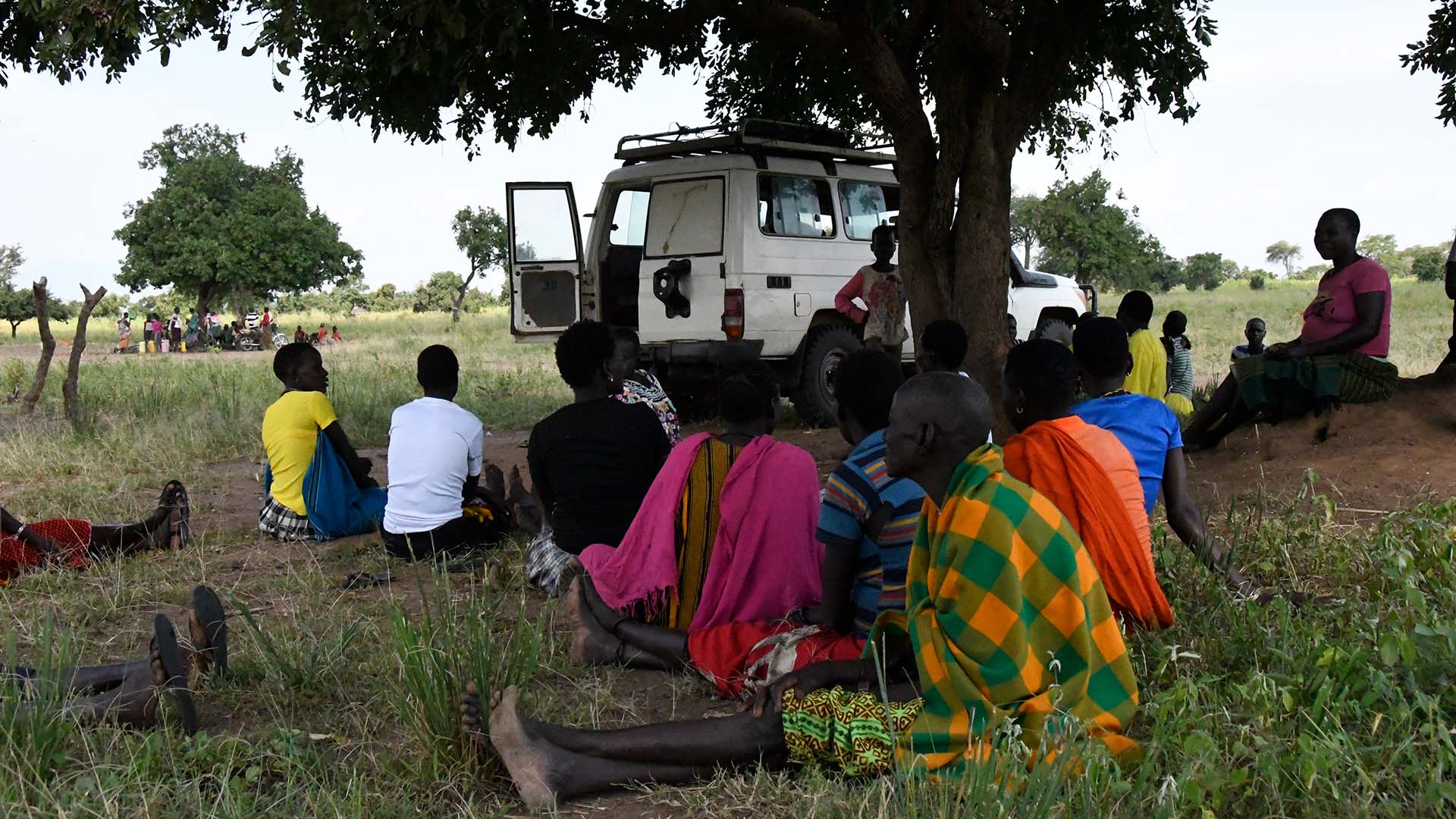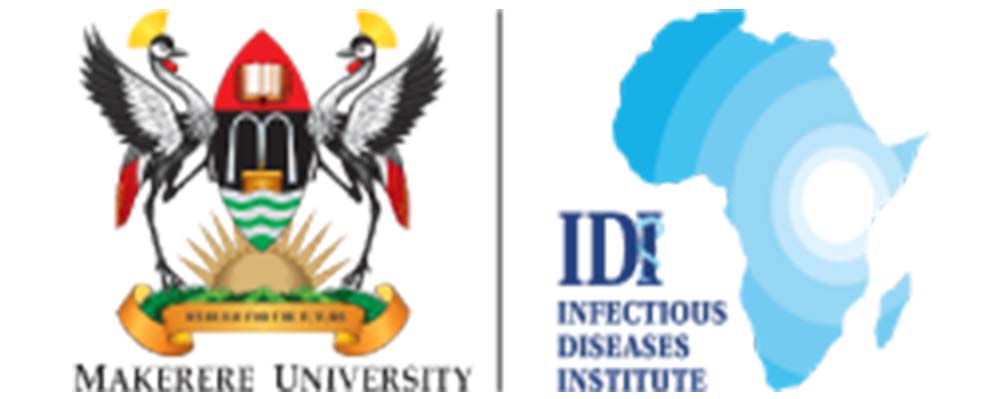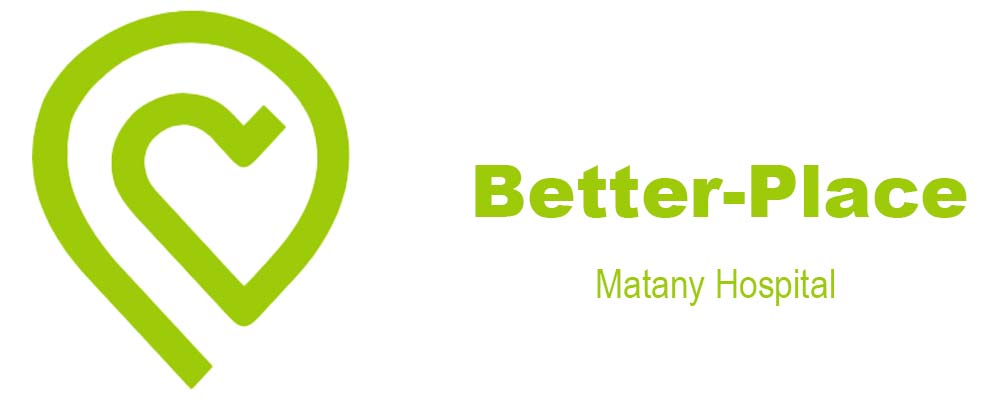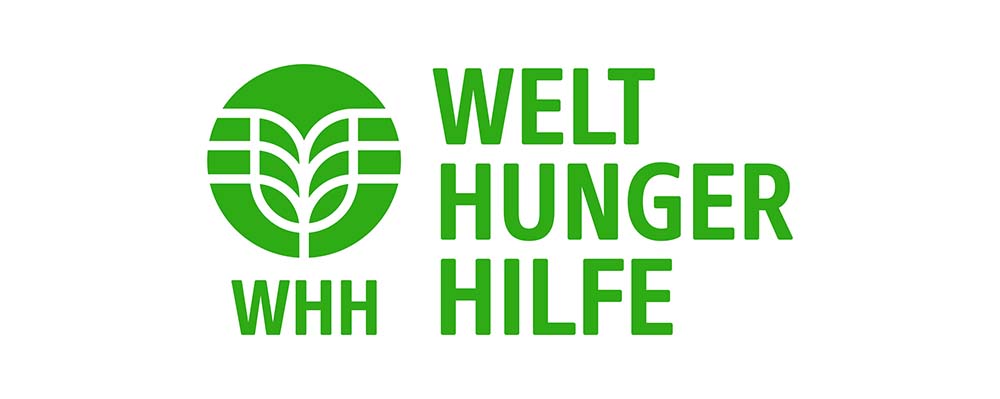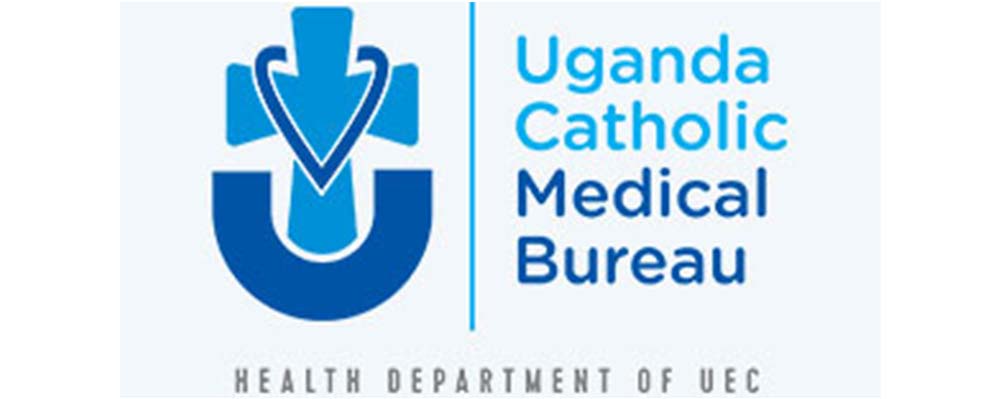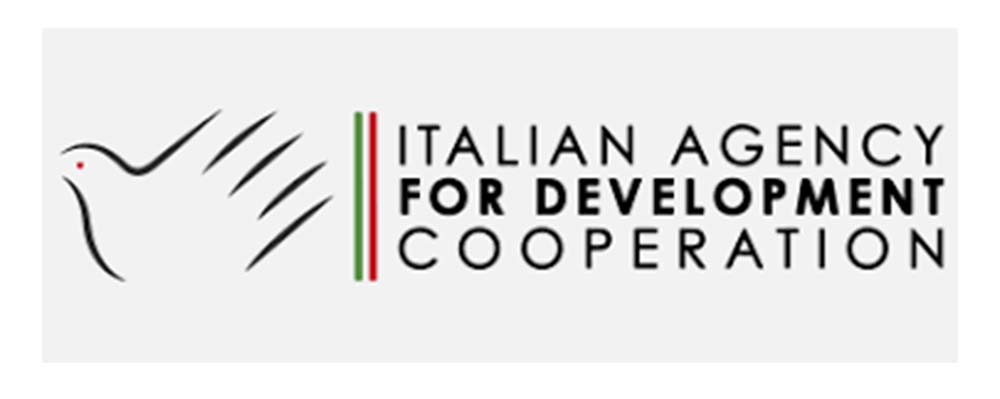PRIMARY HEALTH CARE (PHC)
Catchment Area
Bokora Health Sub District like other HSDs in the country is a functional health zone of Napak district created to facilitate the organisation of health services to enhance the effectiveness and efficiency in planning, provision and monitoring of health services in the district. The HSD is in line with the Local Government Act of 1997 which defines the administrative structures of the district. The HSD is an integral part of the district health system based on the principles of integration, and better coordination linkages between various types and levels of health care.
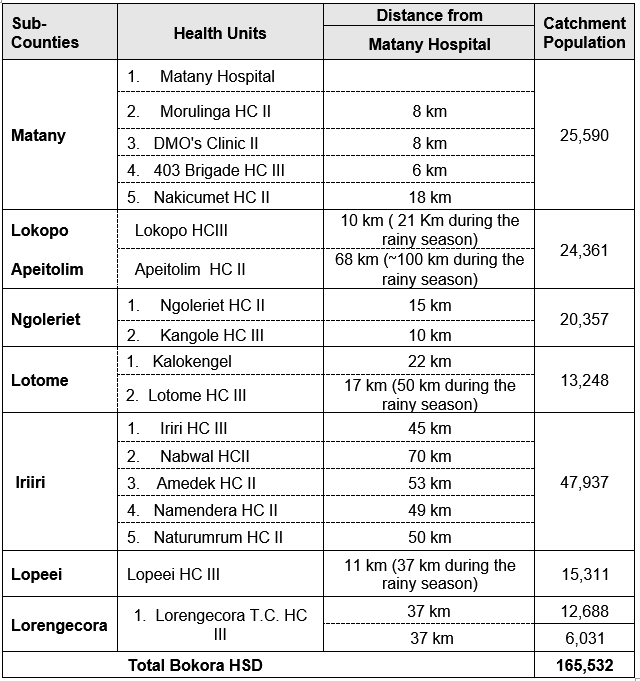
Personnel/Staffing
Uganda National Minimum Health Care Package (UNMHCP) guides the delivery of primary health care by the Community Health Department of the hospital. The department carries out essential cost-effective interventions designed to respond to the most important causes of disease burden in the catchment area. The interventions are organised around four aspects of health care; integrated maternal and child health services, prevention and control of major infectious diseases, prevention and control of non-communicable and cross-cutting areas of health promotion, community health initiatives, environmental health and school health as well as gender and health. These sets of services are provided by health professionals and village health teams in Uganda. These VHTs significantly support PHC, especially in rural areas where the proportion of skilled workers is lower. There was also a good preferential allocation of necessary human resource skill mix for health during this financial year from the district and the Hospital that comprises a team of 10 established staff at the HSD office: 1 Medical Officer (the in-charge of the HSD), 1 Bachelor Nurse, 1 Health Educator, 1 Health Inspector, 1 Health Information Assistant, 1 nursing officer,1 Ophthalmic Assistant, 1 Nursing Assistant and 2 Counsellors (one Registered Nurse and one Nursing Assistant).
Bokora Health Sub District office housed in St Kizito Hospital Matany continues with its double function of being a Community Health Department of the hospital. Therefore it is headed and managed by the hospital management team under Public Private Partnership. The HSD is at the second level after the district in the hierarchy of the district health level services organisation and takes a general lead responsibility in priority setting, planning and coordination, monitoring and evaluation of health service delivery in their respective districts, mentorship and support supervision of lower health facilities among others.
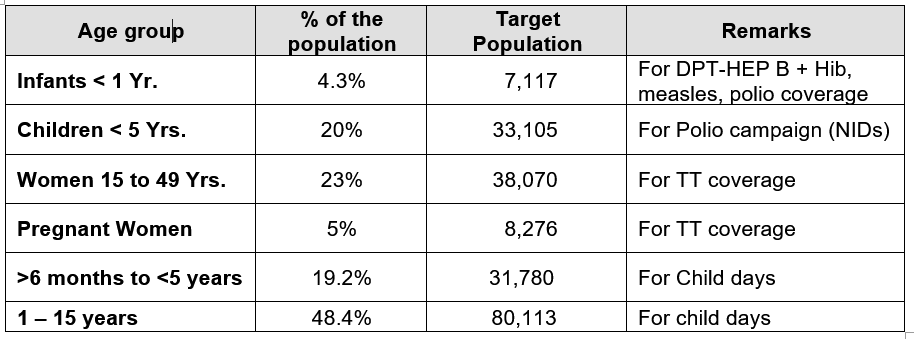
Activities/Achievements
The hospital Public Community Health Department is vibrant in the facilitation of disease prevention and health promotion activities in the HSD. The provision of outreach services including support supervision in the lower-level health facilities, follow up of patients by VHTs, and promotion of community involvement in the health services, maternal child health services, home visits for ART clients.
The Community Health Department has sustained public health interventions that include immunization, environmental health, health education, school health, preparedness for epidemic and disasters, nutrition and intervention against diseases targeted for eradication such as polio and measles, provision of basic clinical care and rehabilitative health services among others.
Progress has been made in a number of areas that include hygiene and sanitation, immunization, antenatal care, institutionalised deliveries, community case management of malaria, diarrhoea and pneumonia, screening and prevention of notifiable diseases. The achievements have been gained as a result of a number of initiatives made by the Hospital management and the Community Health Department. The major initiative is the sustained regular monthly support supervision to each of the sixteen peripheral health units of Bokora Health Sub District.
WHO certified Uganda free of guinea worm transmission. however, due to the threat of importation from neighbouring countries such as Southern Sudan the programme has maintain high quality post certification surveillance. No new case of guinea worm has been reported for a number of years.
ART and EMTCT services are carried out in collaboration with the seven accredited lower health units. EMTCT services are provided in antenatal clinics. The counsellors in the community health department and midwives in the peripheral health units are mandated to follows up mothers and their babies in the catchment area.
The HSD has been involved in training health workers and village health team members in various health issues such as youth friendly services, emergency obstetrics and new born care, TB, cervical cancer and malaria among others. Score card assessment was done in all health facilities during this period to facilitate the review performance within the quality improvement framework and some health units were found to be making progress.
Support supervision visits to peripheral health units in Bokora Health Sub-District (including Matany Hospital OPD)

Services offered during outreached to “hard-to-reach” areas during FY 2021/2022
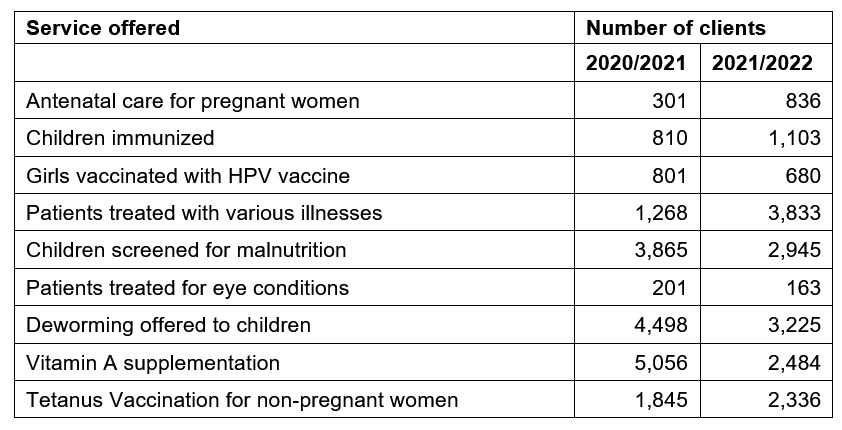
Immunisation coverage by antigen for the six killer diseases in Bokora Health Sub- District over the last six years










